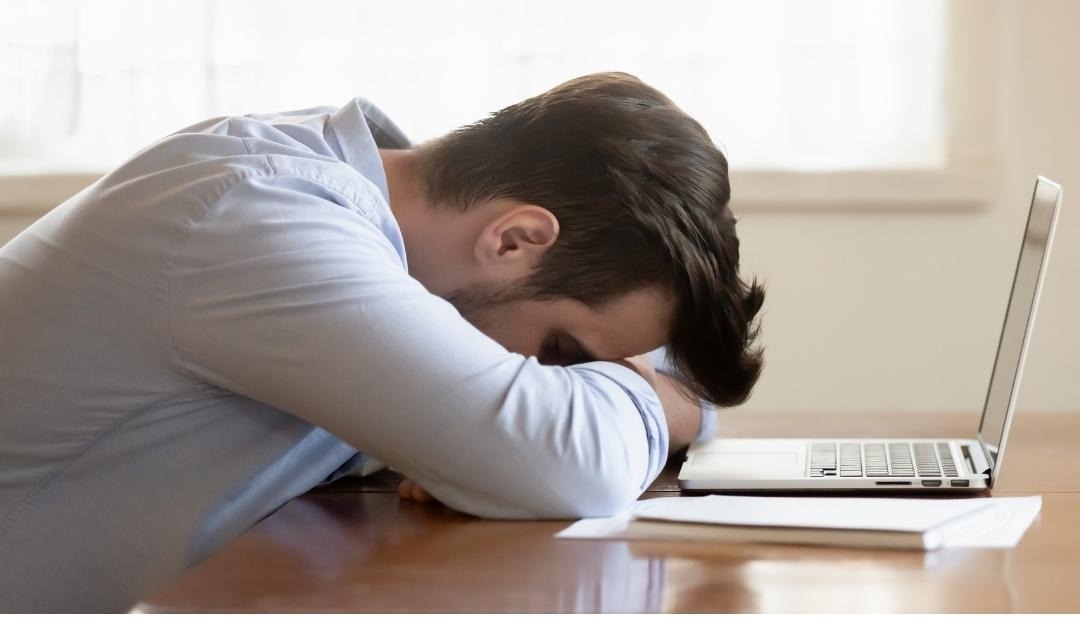With so much to do and so little time in the day, it's common to come up short when it comes to sleep.
Sometimes, it's hard to know the difference between when you're just tired or if you're sleep deprived. When you don't get enough sleep, you can feel lethargic, irritable, and clumsy throughout the day.
Getting too little sleep can negatively affect your mind and body too. It can lower your immune system, increase your risk of heart disease, diabetes, and stroke, and even lead to excessive weight gain or obesity.
We all should learn to recognize when we’re not getting enough sleep. Here are some signs of sleep deprivation to watch out for.
You Feel Less Productive
If you haven't gotten enough sleep, your performance may suffer. Sleep has an impact on our ability to think clearly, focus, and reason with others.
This is because getting enough sleep improves memory and creativity while also promoting new learning abilities in the human brain.
Meanwhile, sleep deprivation has the opposite effect, making your brain weaker and unable to process properly throughout the day. Lack of sleep will make you feel sluggish and weak. If you're feeling unproductive, you probably need a nap.
You Get Sick More Often
When you sleep, your body produces protective substances such as antibodies and cytokines that aid in the fight against infections.
To keep you healthy, these fight bacteria, viruses, and other foreign invaders in your body. Cytokines also promote better sleep as well as function to protect your body from disease.
If you don't get enough sleep, your body won't be able to fight off bacteria and its ability to recover might not work as well as it should. You may also have to deal with the risks of chronic conditions such as diabetes or heart disease.
So if you find yourself getting sick often, check if you’re getting enough sleep so that your body can produce the antibodies it needs to help fight illnesses.
You’ve Suddenly Gained Weight
Sleep deprivation can lead to weight gain. When you sleep, your body produces leptin hormones, which help to regulate hunger and cravings.
Leptin hormones tell your body when it’s full. Sleep deprivation releases more ghrelin hormones, which do the opposite - it tells you you’re hungry.
Lack of sleep wrecks the balance between the two so when you don't get enough sleep, you're prone to succumbing to midnight cravings or snacking.
Over time, not only do you start overeating, but your physical activity begins to decline as well. When you have this hormonal imbalance, you gain weight as a result of your body's inability to burn enough calories or build muscle mass.
It can also cause a decrease in insulin production, which affects your blood sugar levels. If you feel that you’re gaining a few pounds all of a sudden, it might be wise to take a good look at your sleep schedule.
Lack of sleep has a variety of negative effects on the body as a whole because of how significant a part it plays in how the human body functions.
Prolonged sleep deprivation can be dangerous and can potentially have severe consequences over time. Stay safe and healthy by getting the recommended 7-8 hours of sleep every night.
Grant Park in Columbus, OH


